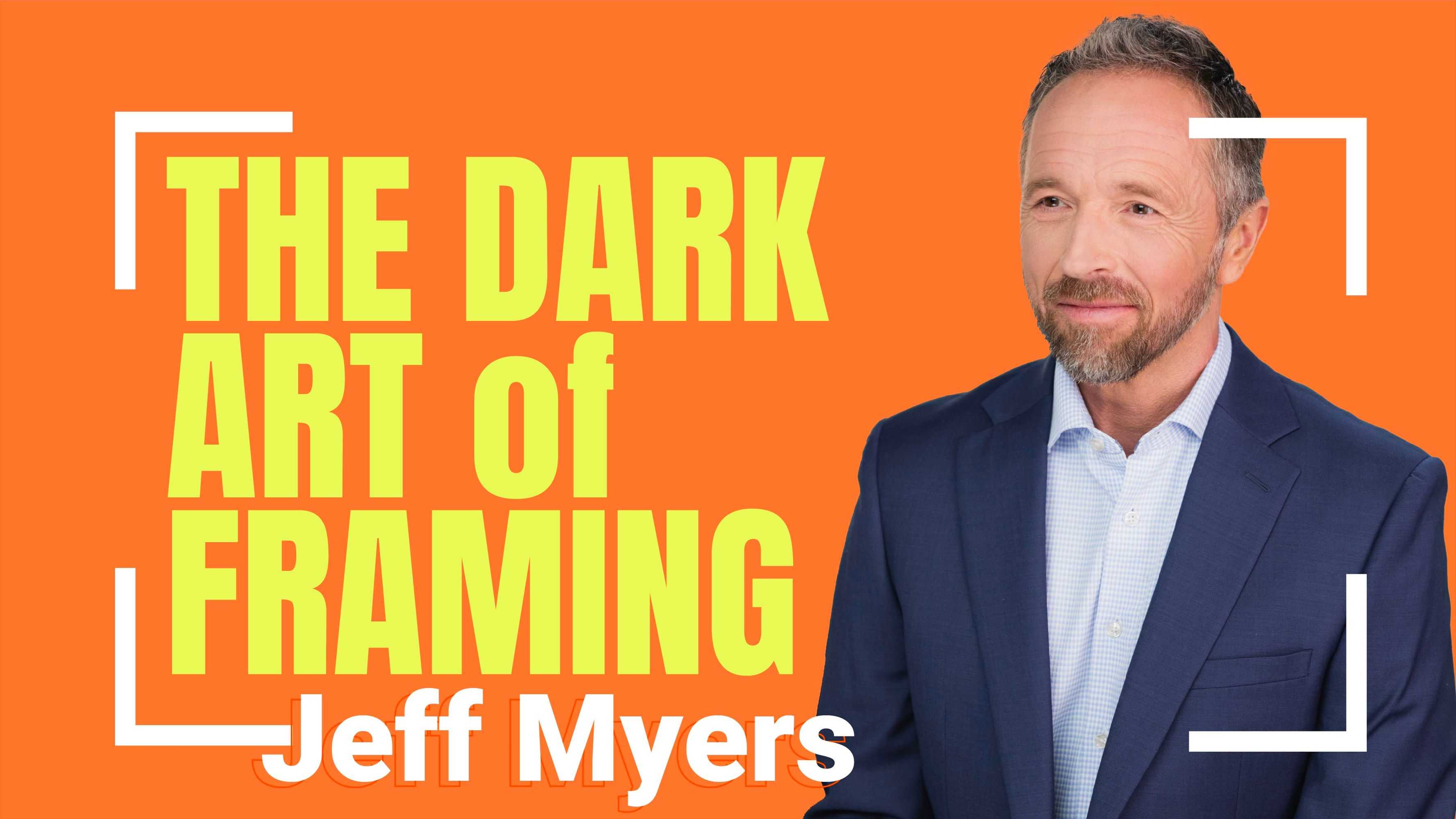Lies about Israel Lead To Lies about Everything
Why would someone like Sebastian Cevallos, a university student in Ecuador, care about Israel? You'd think this tiny country on the other side of the globe from where he lives would have no bearing on his life. But it does. Here’s why.
Follow Sebastian on Instagram @sebascheredia


















































